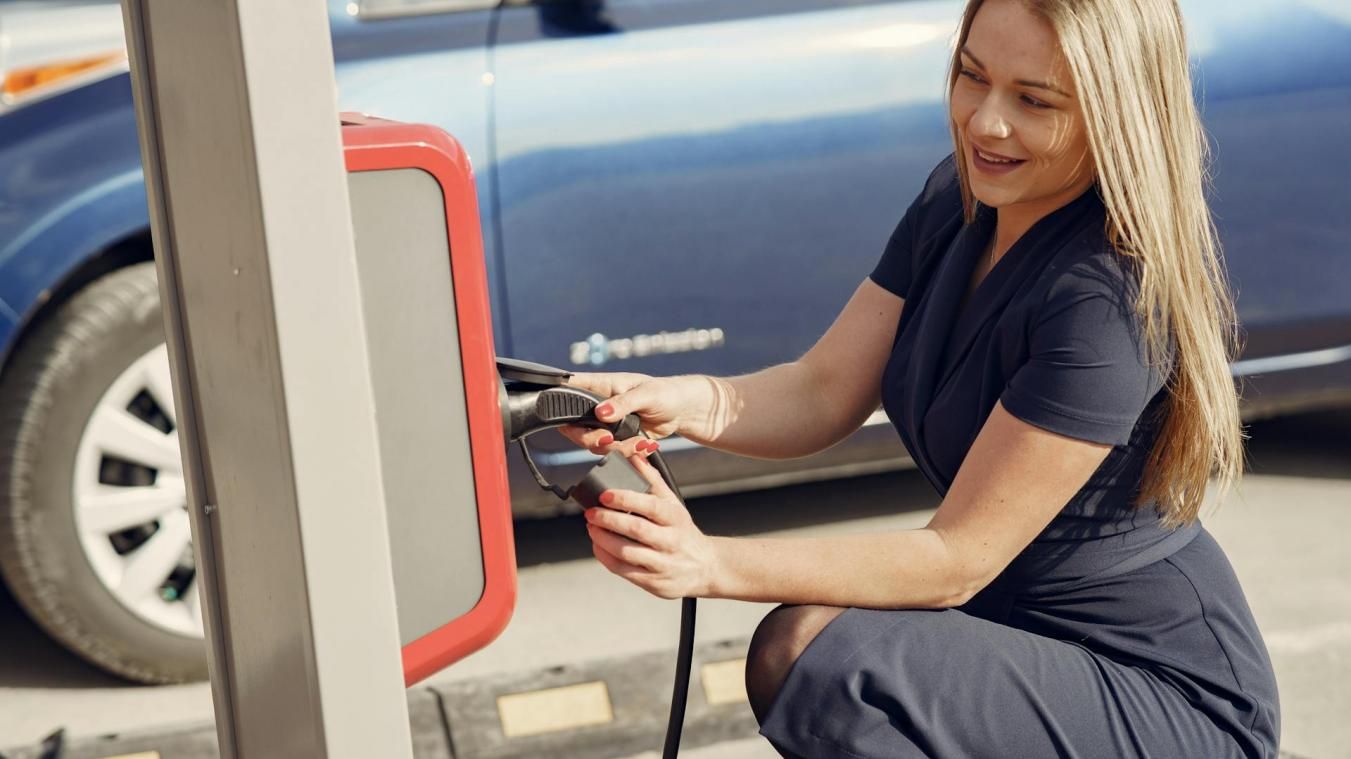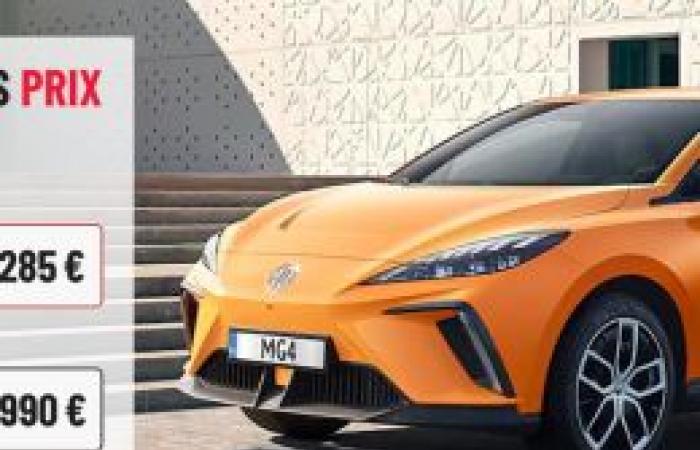The Belgian innovation that will revolutionize the use of electric vehicles: “it allows you to drive 50% more with the same battery volume”
The Imec research centre (Leuven) has developed a new battery prototype with a significantly higher energy density than current-generation batteries.
Published on 09/20/2024 at 2:04 p.m.
The Imec research centre (Leuven) has developed a new battery prototype with a significantly higher energy density than current-generation batteries.

New batteries designed at Imec in Leuven could revolutionize the electric car market. These vehicles could travel more than half the distance with the same battery volume, according to results presented on Thursday.
The range of a car is determined by the energy that the battery can deliver. In other words, the more energy (kWh) a battery contains, the greater the battery’s range, for the same volume. The energy density of a battery is therefore important, but lithium-ion batteries, which the current generation of electric cars are powered by, have reached their density ceiling. The demand for greater range and faster charging times continues to grow. At the same time, the price of batteries must be kept affordable. This is why scientists have long been looking for technologies to increase the energy density of batteries.
Promising!
Imec, together with 13 European partners, has now made a promising breakthrough. As part of the SOLiDIFY project, they have developed a prototype solid-state lithium-metal battery with an exceptional energy density of 1,070 Wh per litre. Whereas current lithium-ion batteries only achieve an average of 600 to 700 Wh per litre. The range of an electric car could thus be increased by more than half.
Solid-state batteries have other advantages: they are less flammable, which increases safety, they recharge more quickly and have a longer service life. In addition, the manufacturing process for solid-state batteries is scalable to current lithium-ion production lines and is expected to cost less than 150 euros per kWh.
The battery cell was produced on the EnergyVille campus in Genk. The project is currently in the scale-up phase.









